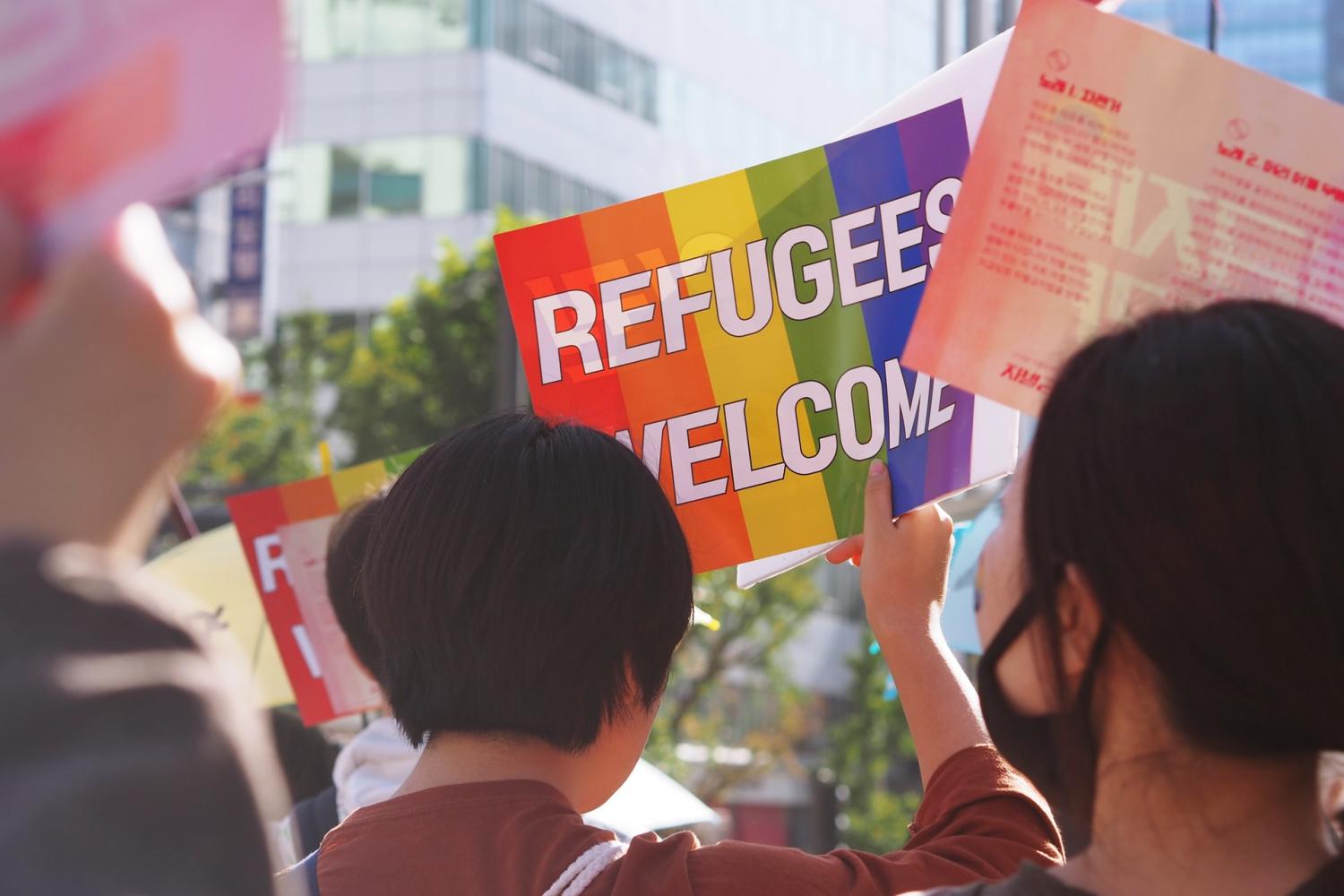
Today, World Refugee Day comes at an ominous time as much of the world is under lockdown or has kept borders closed to outsiders. According to UNHCR, the U.N. Refugee Agency, more than 1 percent of all humanity is currently displaced. Even worse, less than 400,000 of the approximate 80 million refugees are able to return home each year. During the 1990s, that number hovered around 1.5 million a year.
More evidence suggests refugees and displaced people will contribute to society and the economy if given the opportunity. A 2017 report, for example, concluded that refugees who resettle in the United States end up with higher incomes and pay out far more in taxes than they receive in benefits in the long term. Nevertheless, the doors keep shutting. And in countries with a large population of refugees, including Colombia and Lebanon, their situation has become even more dire.
Within the business community, there are some bright spots. Here in the U.S., Chobani is one example of a company that has gone out of its way to hire refugees, and in part has thrived as a result. Starbucks and Volkswagen are among other brands that have made public commitments to hire or support refugees and displaced people. Amidst the COVID-19 pandemic, there are efforts worldwide to hire refugees, notably to manufacture face masks and other personal protective equipment (PPE). One UNHCR initiative, for example, has mobilized refugees in Turkey to make face masks as that country battles the novel coronavirus. In the Netherlands, Philips says it has been working with a partner foundation to make up to 100,000 masks a day.
As Reuters recently reported, two-thirds of the world’s displaced people are from five nations: Afghanistan, Myanmar, South Sudan, Syria and Venezuela. Most of these men, women and children seek safety and asylum in neighboring countries. For some lucky refugees, technology makes it possible to work, as in teaching their languages virtually, while they wait anxiously for a new home. For far too many, however, their skills are left untapped.
Gideon Maltz, executive director of the Tent Partnership for Refugees, has said that companies can go beyond government inaction not only by hiring, training and integrating refugees and displaced people into their workforces, but also by encouraging suppliers and vendors to follow their lead. Citing the insurer Generali as an example, Maltz added that business can also harness the entrepreneurial spirit many refugees exhibit by supporting them through offering loans, incubating their ideas, or helping guide their products or services to wider markets.
In a recent article in Quartz, Maltz urged state and local governments in the U.S. to be more supportive partners of the private sector on this effort by doing more to recognize refugees’ foreign education and credentials. The current pandemic is one example: Refugees and other new immigrants can join the fight against COVID-19, as “over 260,000 immigrants and refugees with undergraduate degrees in health-related fields are either out of work or underemployed in low-paying jobs that require significantly less education,” Maltz wrote.
While the business community has provided more leadership on this problem than policymakers, far more needs to be done, according to the UNHCR. “The gap between the number of refugees in need of resettlement and the places made available by governments around the world is worrisome,” the agency said in a public statement earlier this week. “We continue to call for more countries to join the program and find solutions for a greater number of refugees.”
Image credit: Ra Dragon/Unsplash

Leon Kaye has written for 3p since 2010 and become executive editor in 2018. His previous work includes writing for the Guardian as well as other online and print publications. In addition, he's worked in sales executive roles within technology and financial research companies, as well as for a public relations firm, for which he consulted with one of the globe’s leading sustainability initiatives. Currently living in Central California, he’s traveled to 70-plus countries and has lived and worked in South Korea, the United Arab Emirates and Uruguay.
Leon’s an alum of Fresno State, the University of Maryland, Baltimore County and the University of Southern California's Marshall Business School. He enjoys traveling abroad as well as exploring California’s Central Coast and the Sierra Nevadas.














